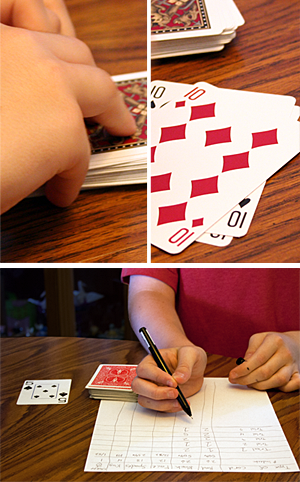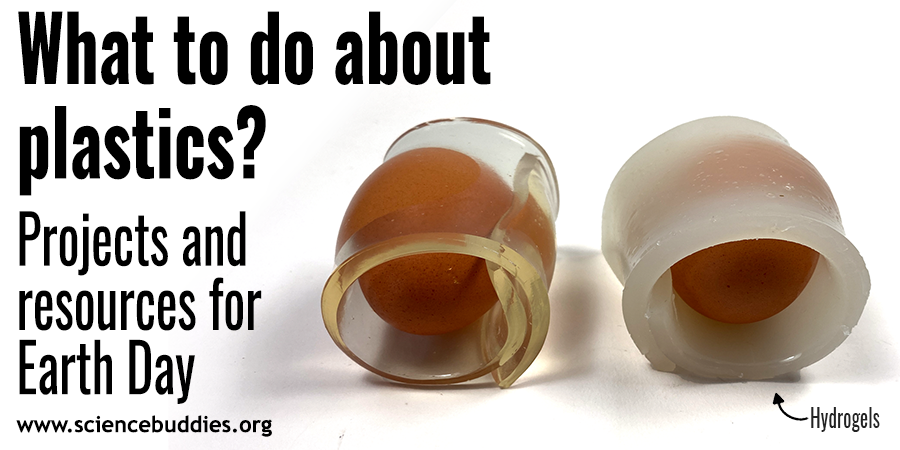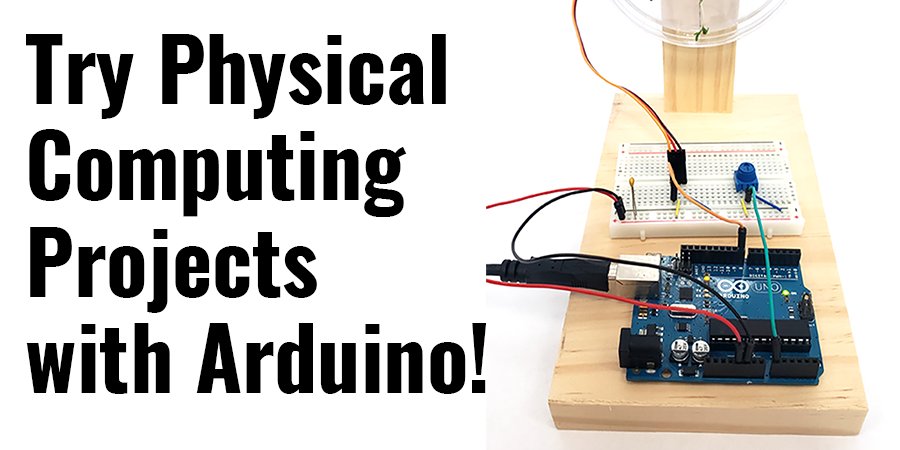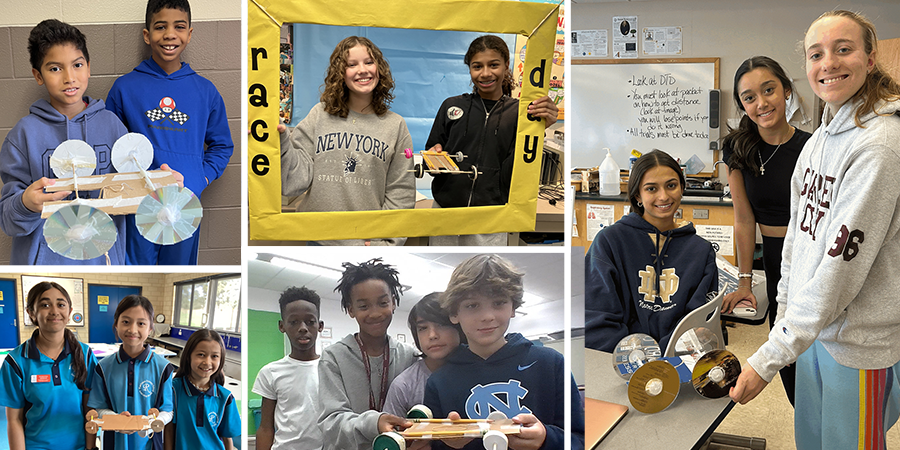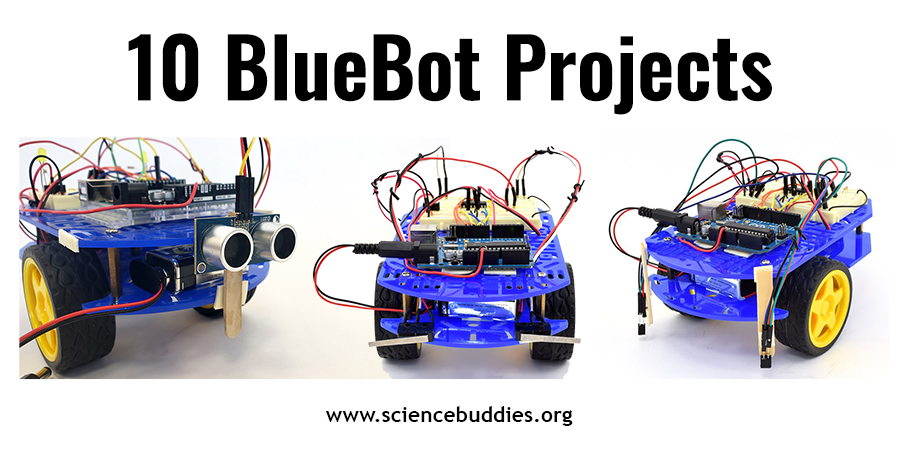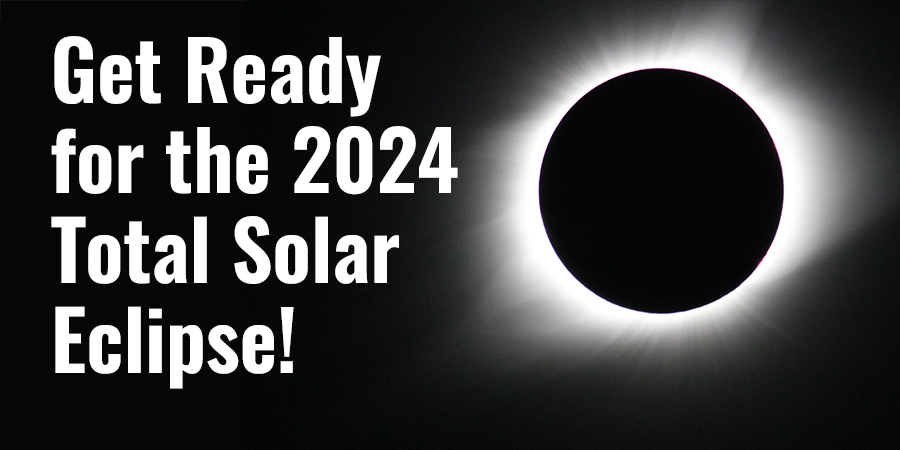Probability and Playing Cards: Hands-on Family Math
A deck of cards provides a concrete look at probability and chance in a hands-on math activity that easily scales up and down in difficulty to match the experience of your students.
A Deck of Cards
Four suits. Thirteen cards in each suit. Twelve face cards. Four aces. Twenty-six red cards. Twenty-six black cards.
Using these simple facts about a deck of cards, many math questions and scenarios rise to the surface!
How likely is it that you will draw an ace from a full deck of cards? Depending on your age, this is simple math. But it is also simple probability. What are the odds that you will draw a face card? How about a two? One-eyed jack?
The interesting thing about probability is that it is exactly that, a measurement of what is "likely" based on the math of the situation. It is not, however, an absolute. Just because your odds of drawing a red jack are 1 in x, it doesn't mean that if you draw x cards you are guaranteed to draw a red jack. But, based on the math, it is probable, or likely, that you will.
Family Math
Over the summer, I set a few kids of varying ages up with a deck of cards each and put them to the task of "testing" what they know about probability in relation to a deck of cards to see how well the "chance" of drawing a certain kind of card holds up.
Because the goal was a short family math activity, we used the "Pick a Card, Any Card" project as a guide and foundation. The Science Buddies Project Idea is one with a low level of difficulty, a project geared toward younger students. There is also a family-friendly adaptation of the project at Scientific American in the Bring Science Home area.
Because of the age range of the kids I had on hand, and their differing levels of interest in, and comfort with, math, we talked first about what we already "knew" about the odds of drawing different types of cards (or specific card numbers), and they each marked their data charts with the odds of drawing each different number or type of card based on the pure math at hand. With a younger group of students, your approach might be different, and the entire activity might be revelatory rather than a proving ground.
For these kids, fairly well versed in games like gin rummy, spades, and hearts, the activity was a way of putting the math to the test. They knew that the odds of drawing an even-numbered card are 1 in 2 (if you count the face cards as odd or even based on their "number" in the sequence from 1-13), but does it really work out that way? Does it work out that way enough of the time to make probability make sense?
After each did their trials, we figured up the percentages and compared them to the mathematical odds we'd already deduced at the outset. It was a simple but fun hands-on activity and a nice foundational activity for talking more about statistics.
Looking for other hands-on math you can do with your students as a way of getting extra hands-on math into their days and into your family time? Check out the following Project Ideas or browse the full math area at Science Buddies:
- M&M Color Statistics
- Dice Probabilities
- The Birthday Paradox
- The Effects of Card Counting on a Simple Card Game
Categories:
You Might Also Enjoy These Related Posts:
- 15 STEM Gifts & Science Kits You'll Feel Good About Giving
- 13 Boat Science and Submarine Science Projects and Experiments
- July 4th STEM! Summer Science Picks for Independence Day!
- 12 Science Kits for Summer Science Experiments and Discovery
- 15 Science Projects to Make and Give for Father's Day
- Ready, Set, Go! (Awesome Summer Science Experiments)
- Awesome Summer Science Experiments
- 10 STEM Activities with Cardboard Tubes


